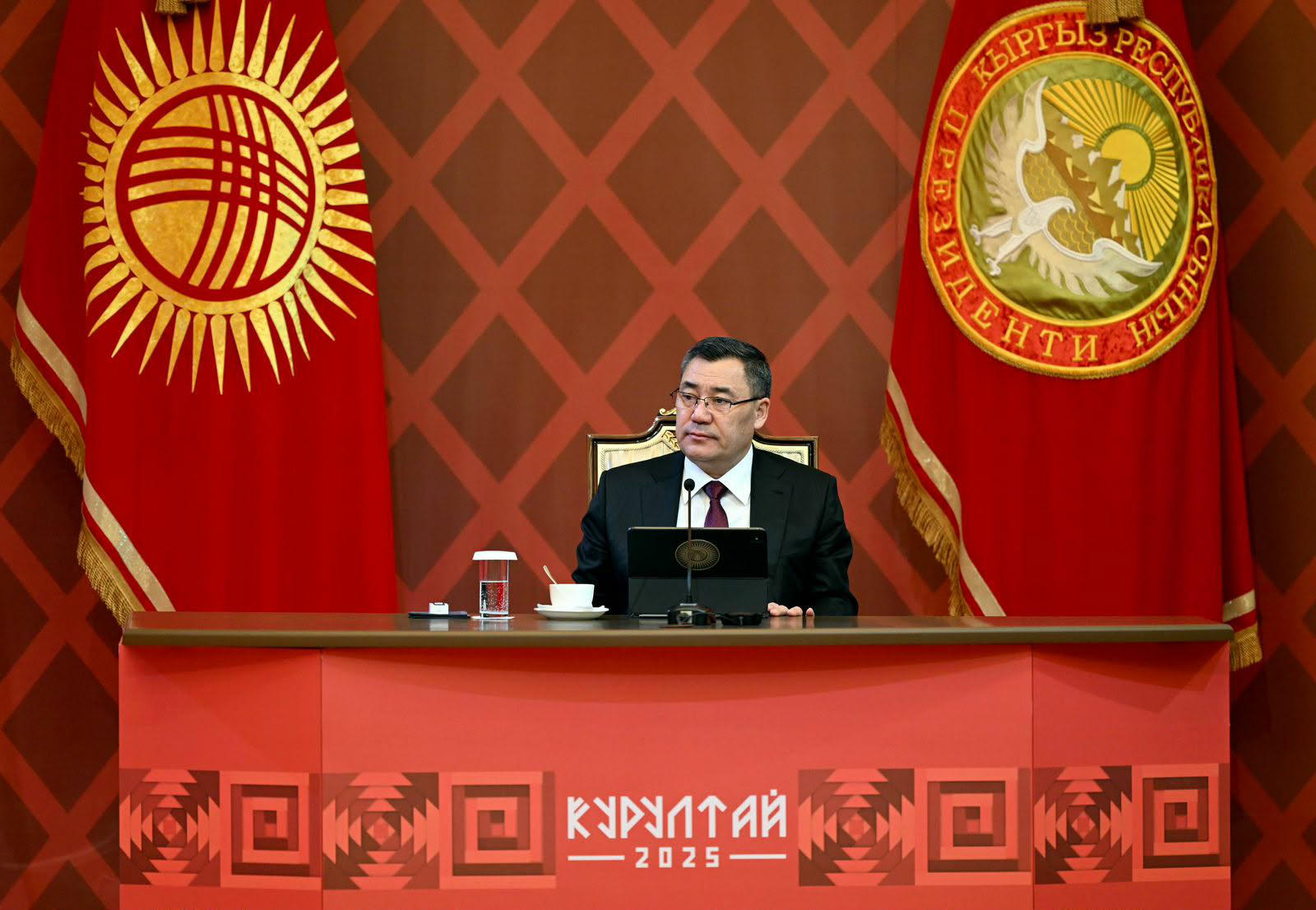Otar Shamugia: Soon, the country will be fully covered by the monitoring system, we will have complete information and the installation of early warning systems will be carried out in critical areas according to experts' assessment

Very soon, the country will be fully covered by the monitoring system, we will have complete information and the installation of early warning systems will be carried out in critical areas according to experts' assessment, said the Minister of Environment and Agriculture Otar Shamugia.
As he explains, relevant maps are being prepared, it will be completed this year, which will provide more detailed information on the threatened areas.
"We very actively started to develop the entire monitoring network across the country, especially in recent years. This process started in 2014. I would like to emphasize that the monitoring system was completely broken in the country, we had neither meteorological stations nor hydrometeorological stations. Two new, completely modern radars have been installed in western and eastern Georgia, this happened last year and the year before last, which gives us weather information, more than 200 hydrometeorological stations have been installed in recent years and this process is actively continuing. Of course, we will bring these processes to the end. As far as early warning systems are concerned, this is a step further along with the assessments made by specialists.
Maps are being prepared and will be completed this year, which will give us more detailed information on the threatened areas, this process is consistent, monitoring, existing observations should allow experts, specialists to analyze where it is necessary to install relevant early warning systems. Somewhere it may be effective, somewhere it may not be effective depending on the lack of time and space. Our government started this process very actively, and I think very soon, the country will be fully covered by the monitoring system, we will have complete information and the installation of early warning systems will be carried out in critical areas according to experts' assessment," said Shamugia.
According to him, the disaster in Shovi developed so quickly that even if an early warning system had been installed there, it might not have yielded results.
"I am speaking based on the conclusion of the specialists, this valley was not considered a critically dangerous valley, because in the last 100 years, no floods or catastrophic events were recorded here on the river. Therefore, it could not be considered that early warning systems should have been installed here in the first instance. I would like to point out once again that even if there was, these processes happened so quickly and this disaster was so large-scale that even an early warning system might not have yielded results. Disasters happen everywhere, all over the world, where these systems are much more developed, despite all this, they are not able to prevent disasters," said Shamugia.
When asked by the journalist, what would he say about the statement made by Levan Davitashvili in 2018 regarding early warning systems, that the system would be in place in 2-3 years, Shamugia answered: "I mentioned that this process started in 2014, it is not a work that is done in one day, or in one year".
"Specialists should evaluate where, what measures should be taken and these measures should be adequate, it should be appropriate to install these systems in the valleys, in the places where the specialists should say it. In 2018, Mr. Levan [Davitashvili] said that development would take place, this process is going on, new radars have been purchased, which are quite expensive and modern. At the moment, the installation of the purchased stations is underway across the country, this is a process that will definitely take some time. This is accompanied by many other studies and measures, only the existence of a meteorological or hydrometeorological station or radar does not give us a complete picture, it is a whole complex, assessment by specialists, on-site observation, where and what measures are appropriate to take," said Shamugia.


